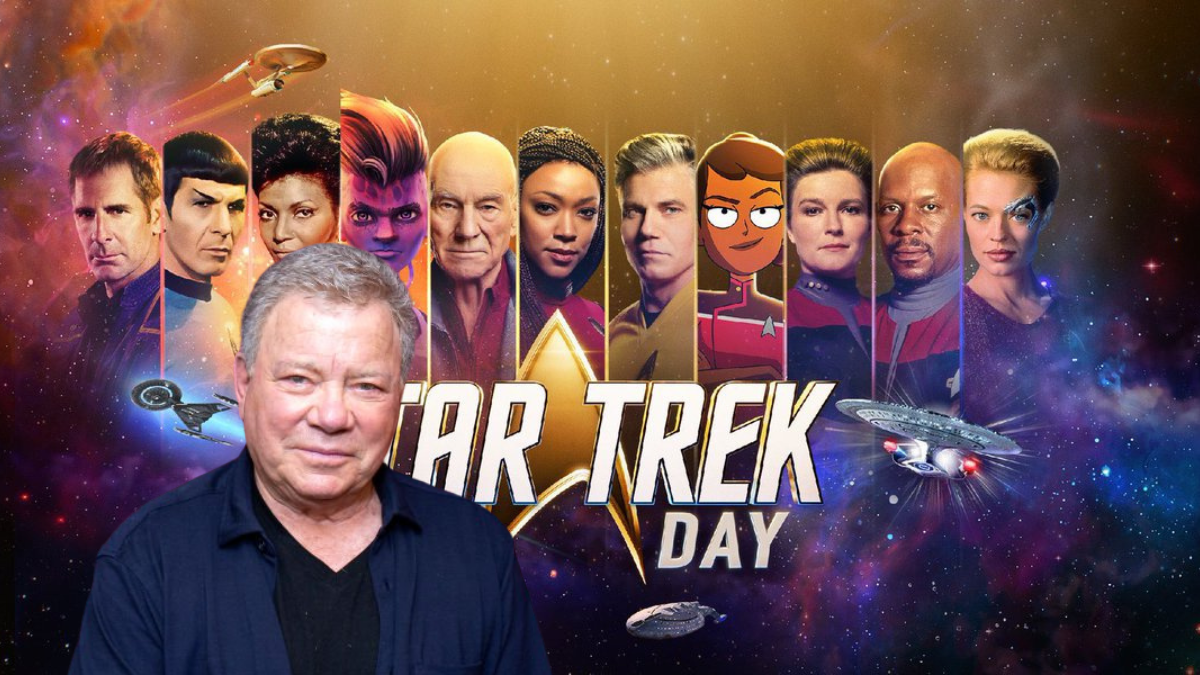William Shatner Defends STAR TREK V: THE FINAL FRONTIER on X

William Shatner, best known for his iconic portrayal of Captain James T. Kirk in the Star Trek franchise, continues to offer his signature brand of hot takes on social media. This week he took to X (formerly Twitter) to defend Star Trek V: The Final Frontier against what he perceived as undue criticism from Space.com. The tweet in question has sparked a fervent discussion among fans and critics alike.
Shatner's tweet, which directly addressed Space.com's characterization of the film as the "cheesiest" in the series, reads: "Does anyone else find it odd that a company dedicated to technology, ‘space exploration,’ ‘innovation’ & ‘astronomy’news (☝🏻who, btw, have never directed any movie…) decides to comment on a 35 year old movie?"
Shatner also took exception with Space.com's choice of Galaxy Quest as the best space movie.
“I guess all Space.com is good for is taking up & wasting space,” he wrote.
This isn't the first time Shatner has publicly defended the 1989 film, which he both directed and starred in. Despite mixed reviews and its reputation as one of the less favored entries in the Star Trek cinematic universe, Shatner has always maintained a staunch defense of the project. Star Trek V explores themes of faith, friendship, and the human condition, and while it may not have resonated with all audiences, it has its share of devoted supporters.
The response to Shatner's tweet was immediate and varied. Fans rallied behind the veteran actor, applauding his candor and dedication to the franchise. Many shared personal anecdotes about how the film impacted them, highlighting its unique place in the Star Trek legacy.
Critics, on the other hand, have been less forgiving. The film's production challenges, budget constraints, and ambitious yet contentious plot points have long been points of contention. Interestingly the line “What does God need with a starship?” was referenced by both sides.
Shatner's defense of his art underscores a broader conversation about subjective taste and the evolving legacy of cinematic works. With the near-constant availability of older films they can be easily viewed and reinterpreted by new audiences.
Chris Post is a life-long fan of Star Trek who has been working in journalism for nearly 25 years.







